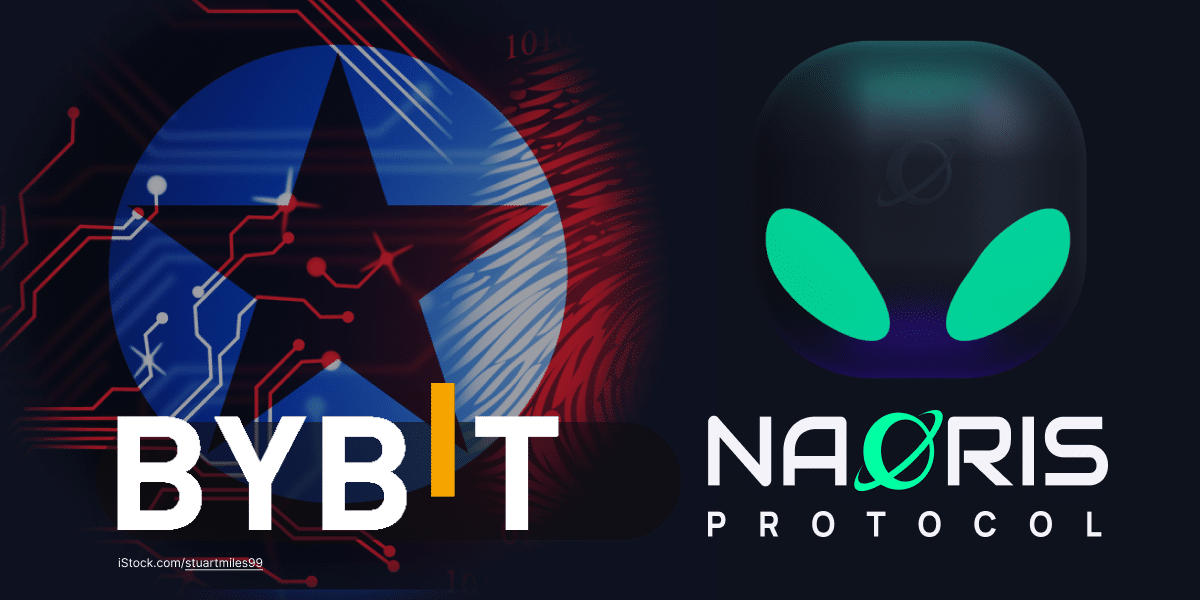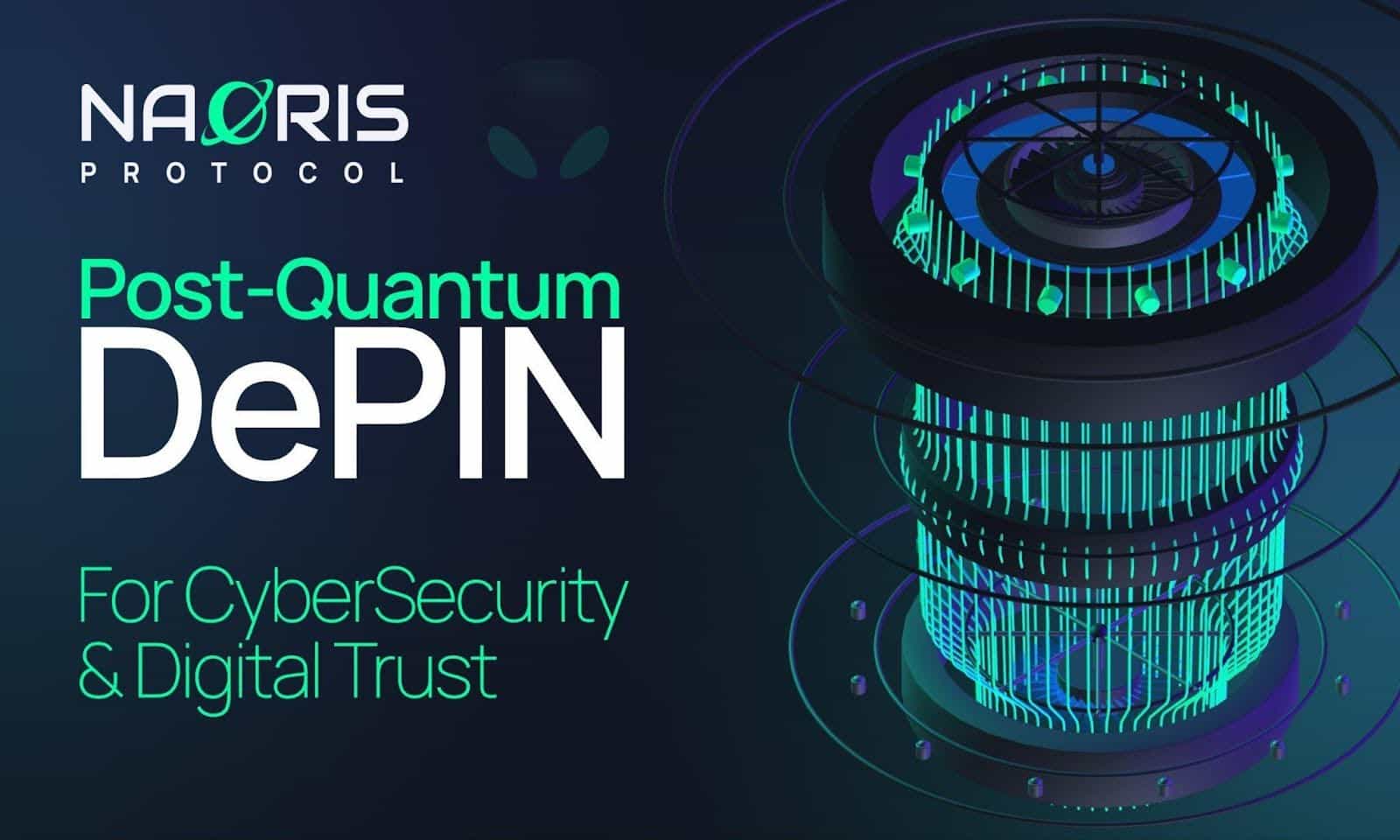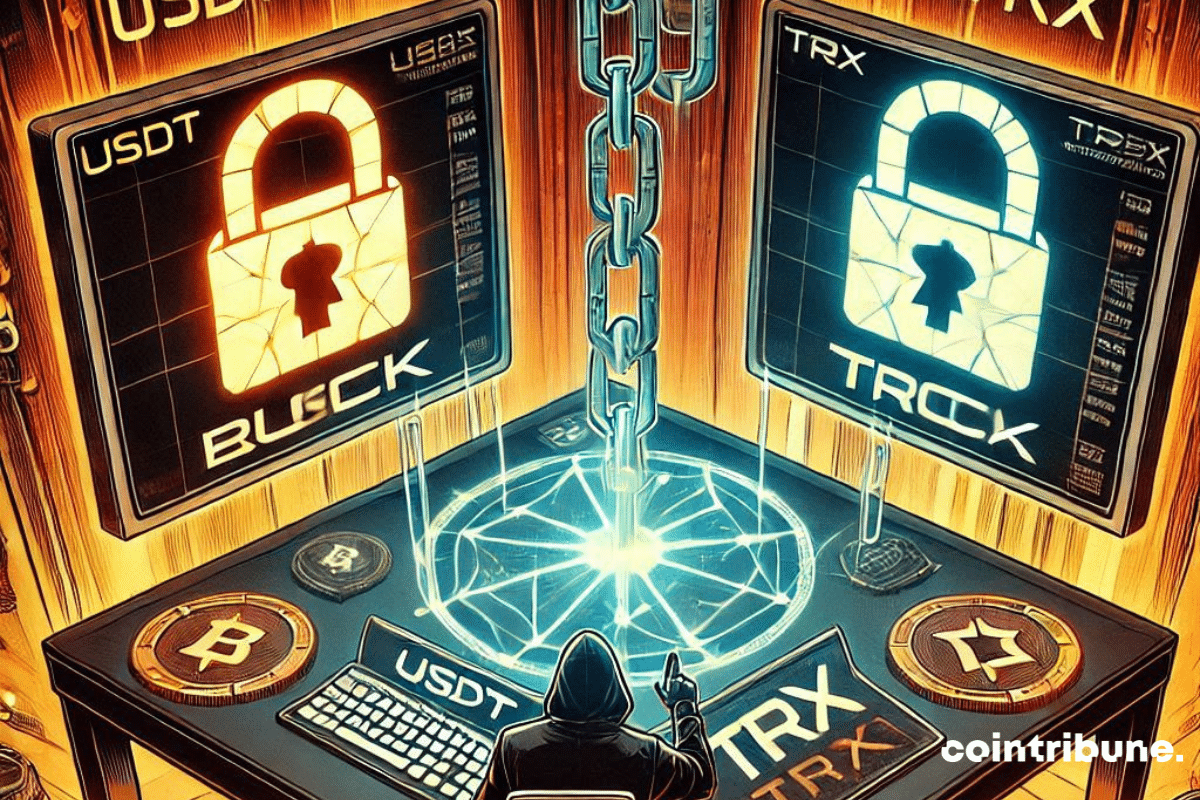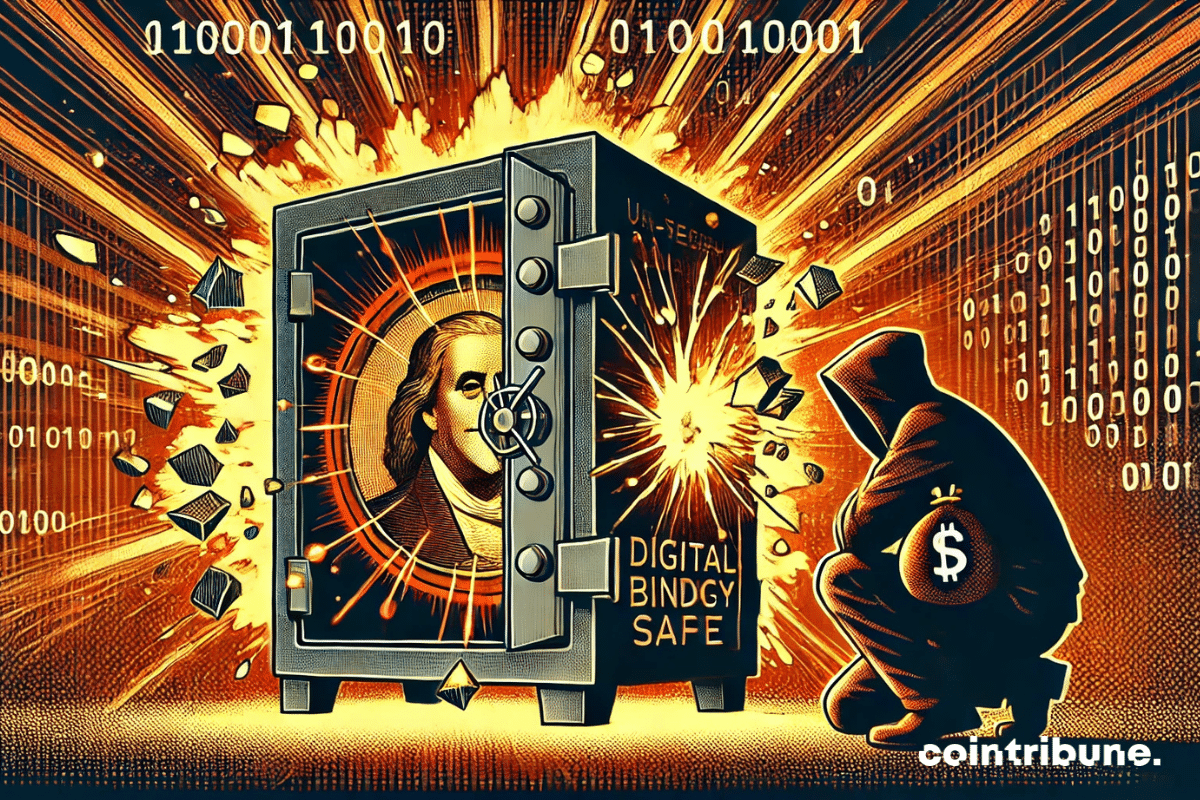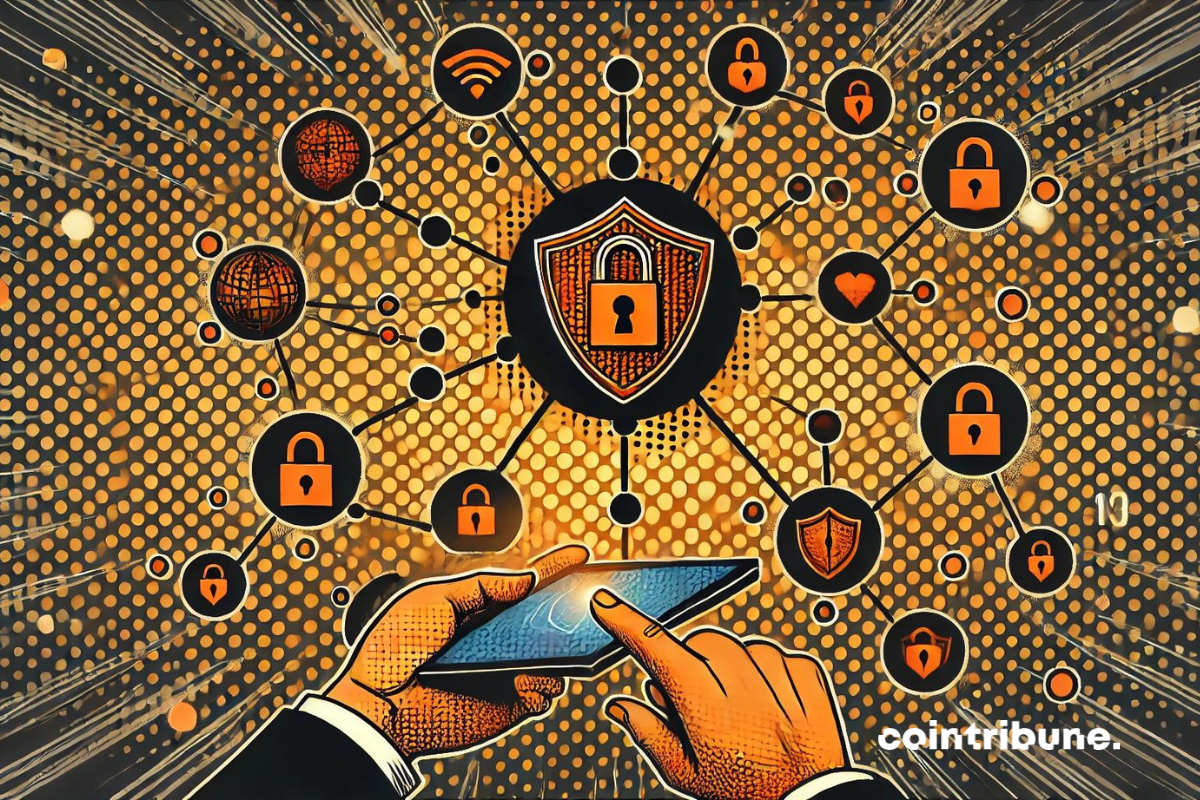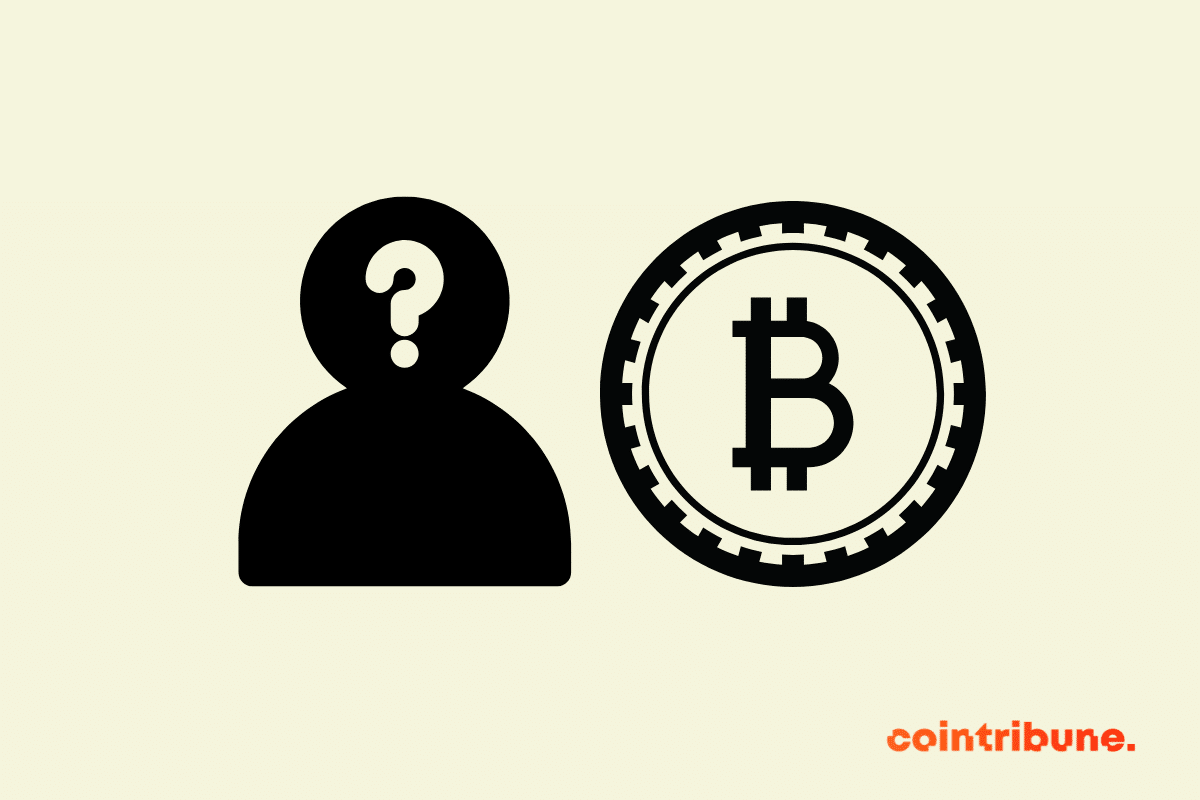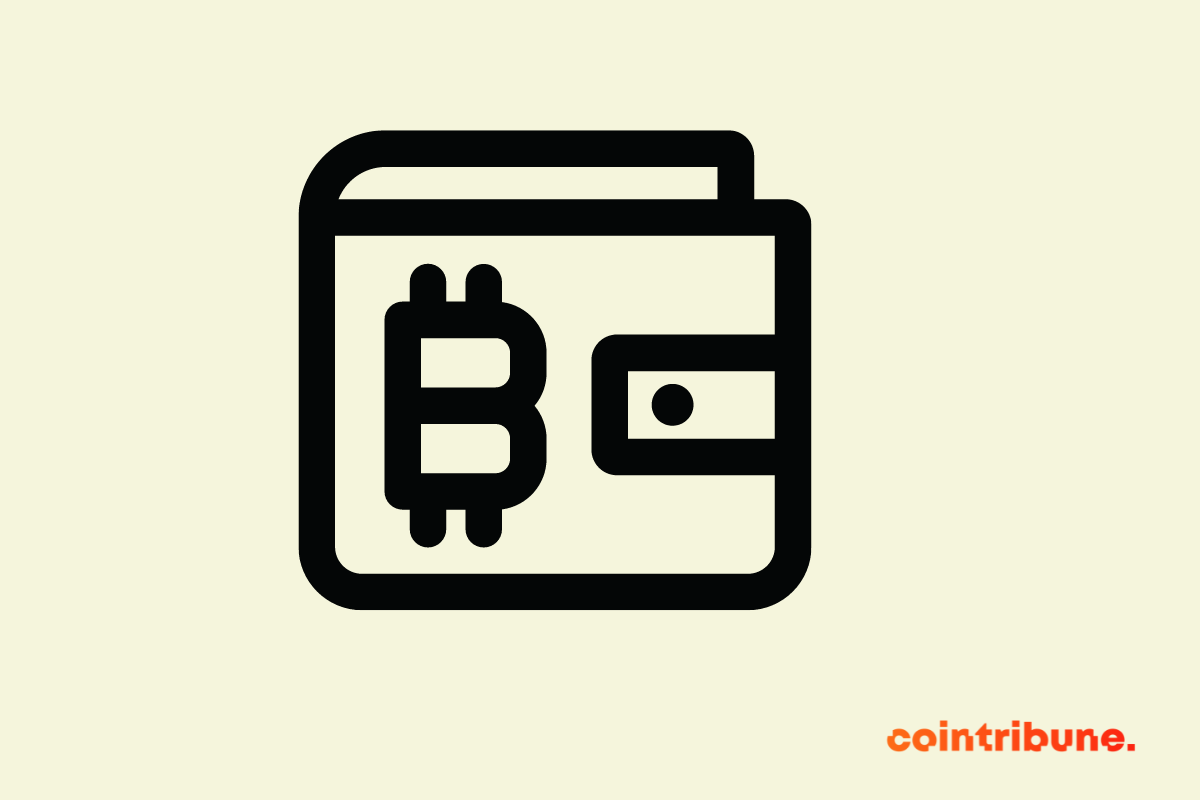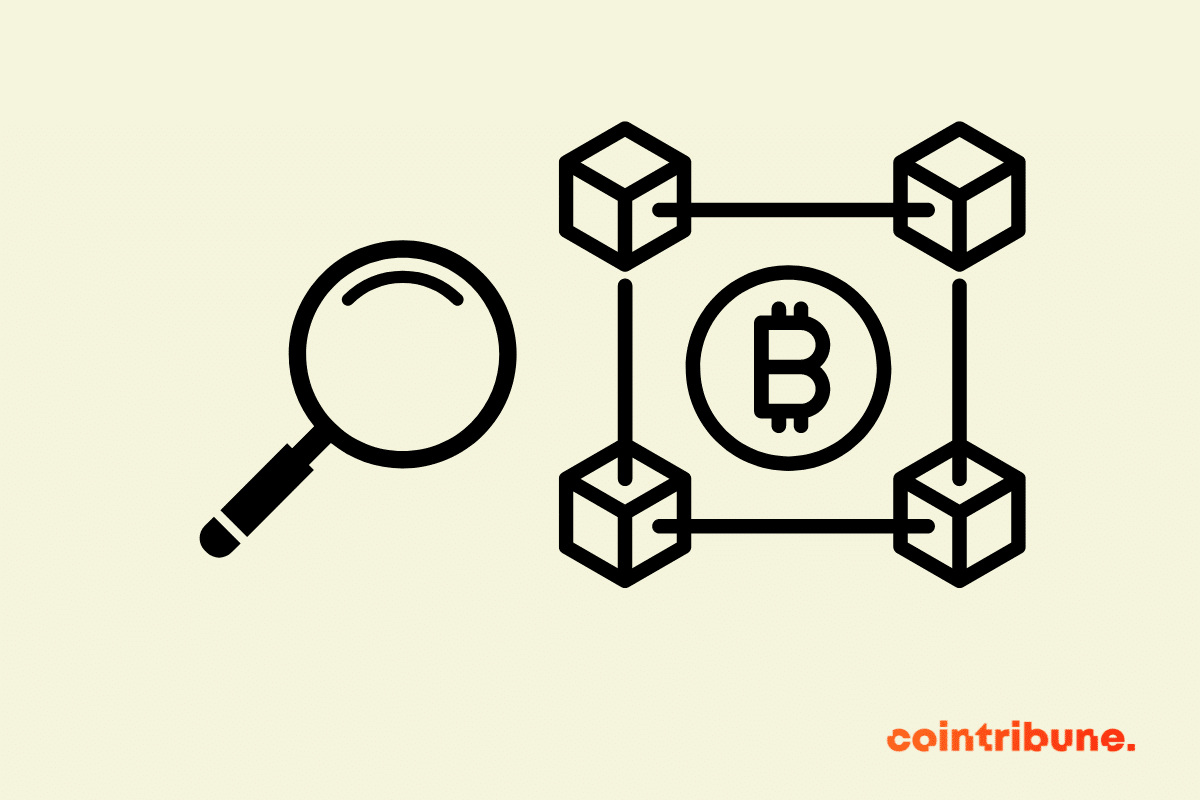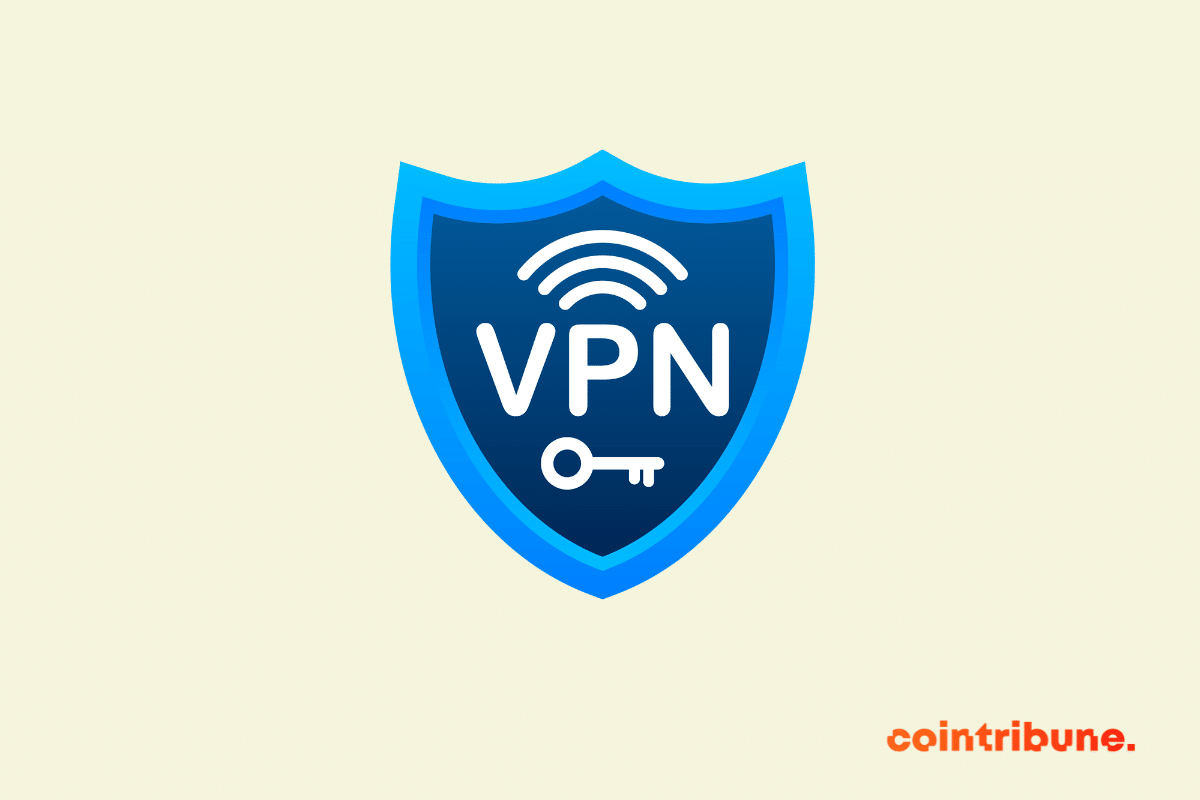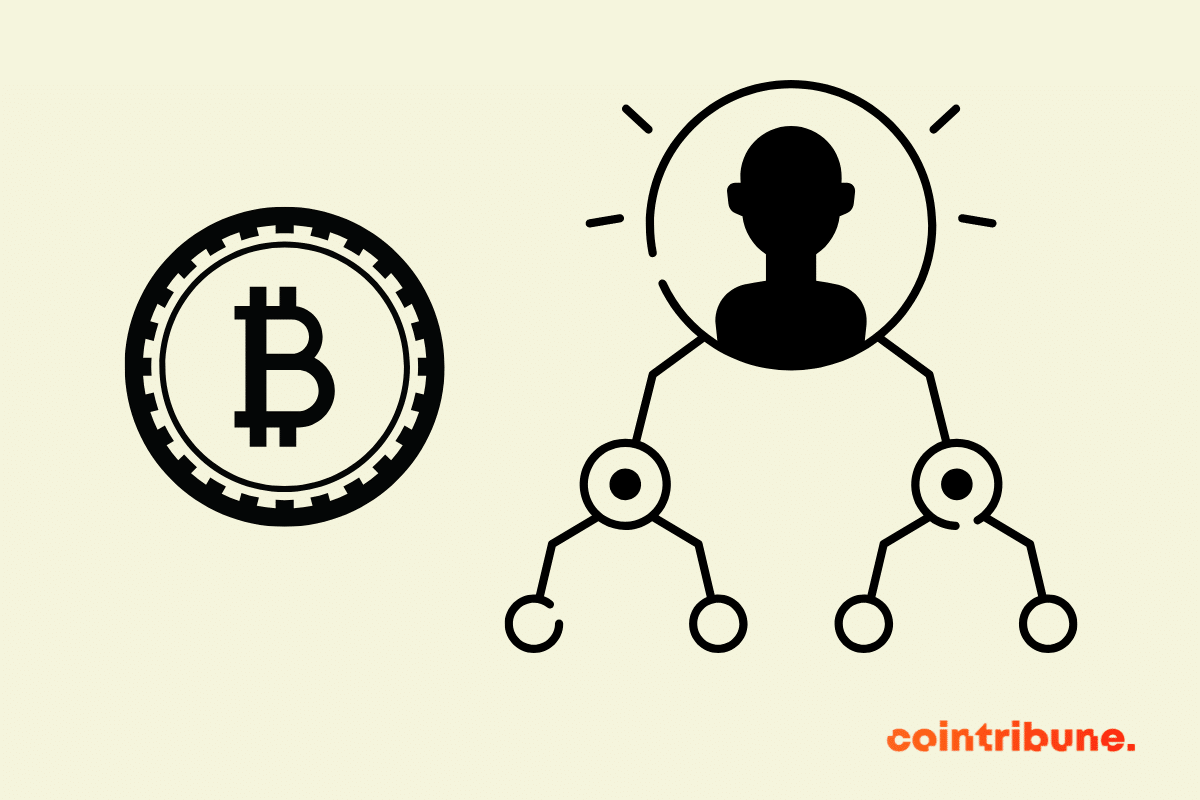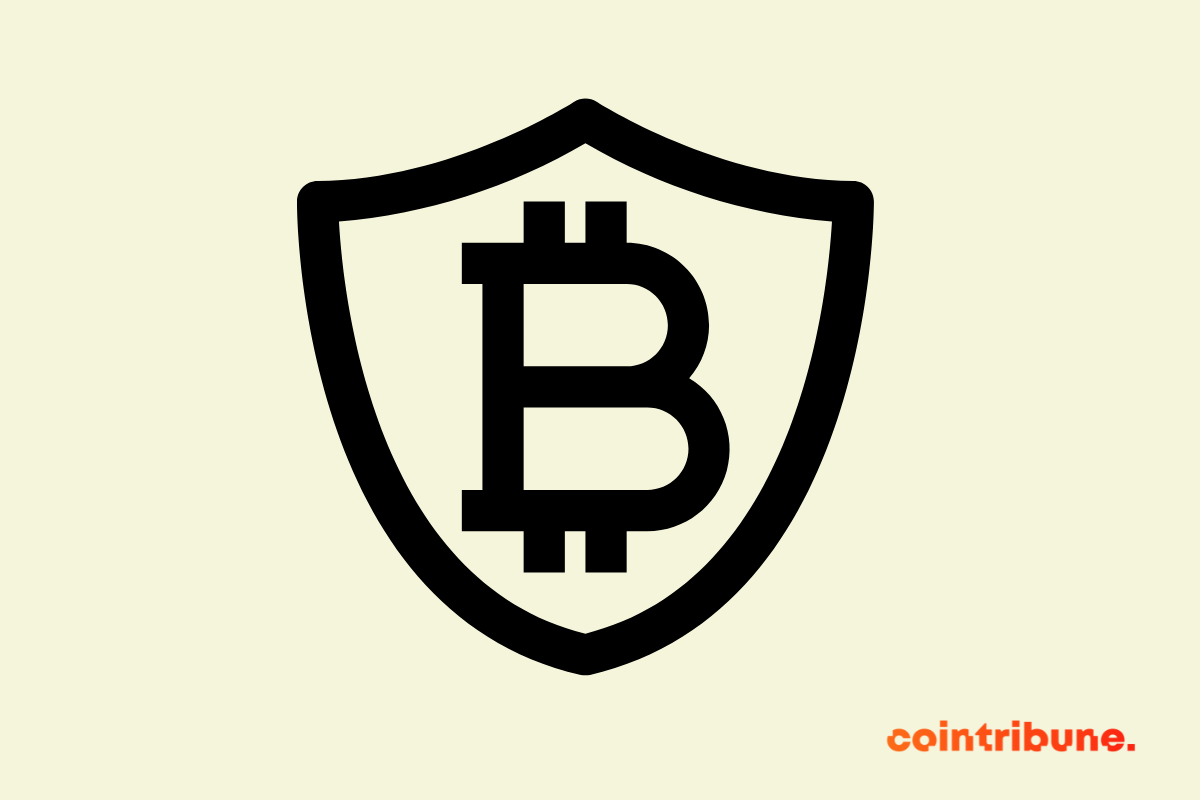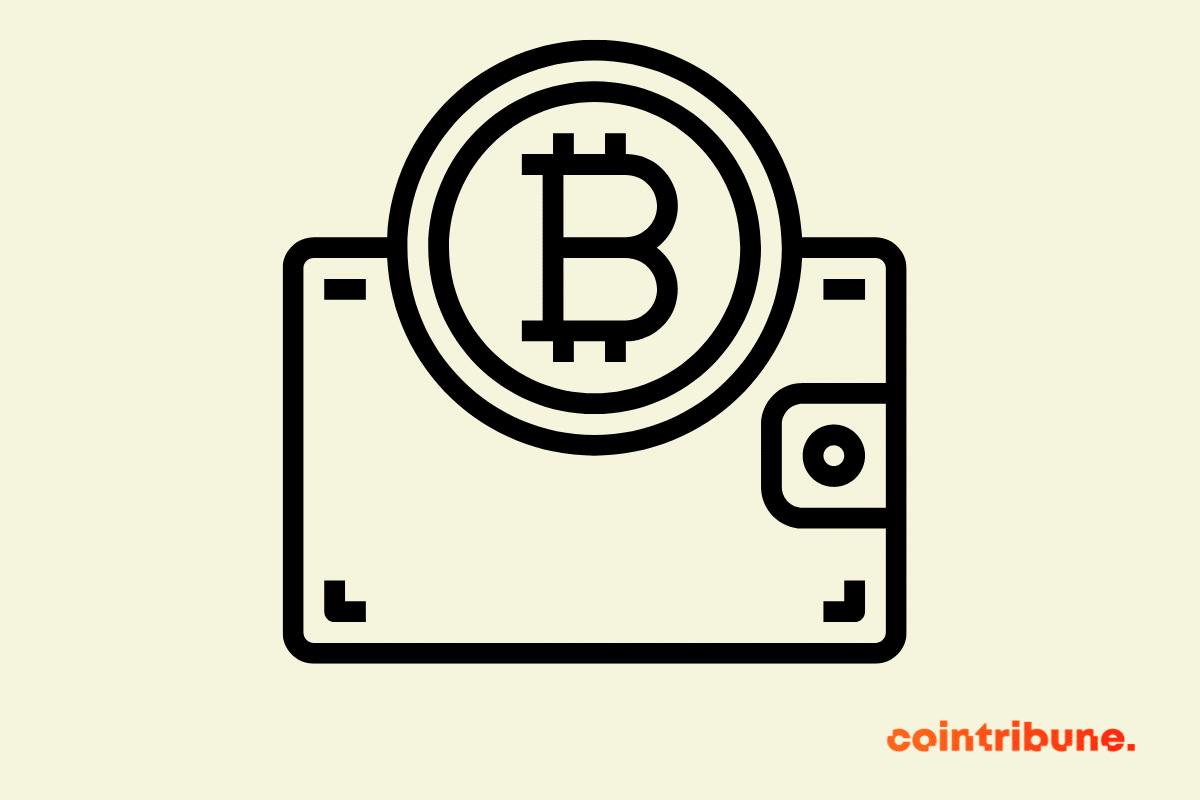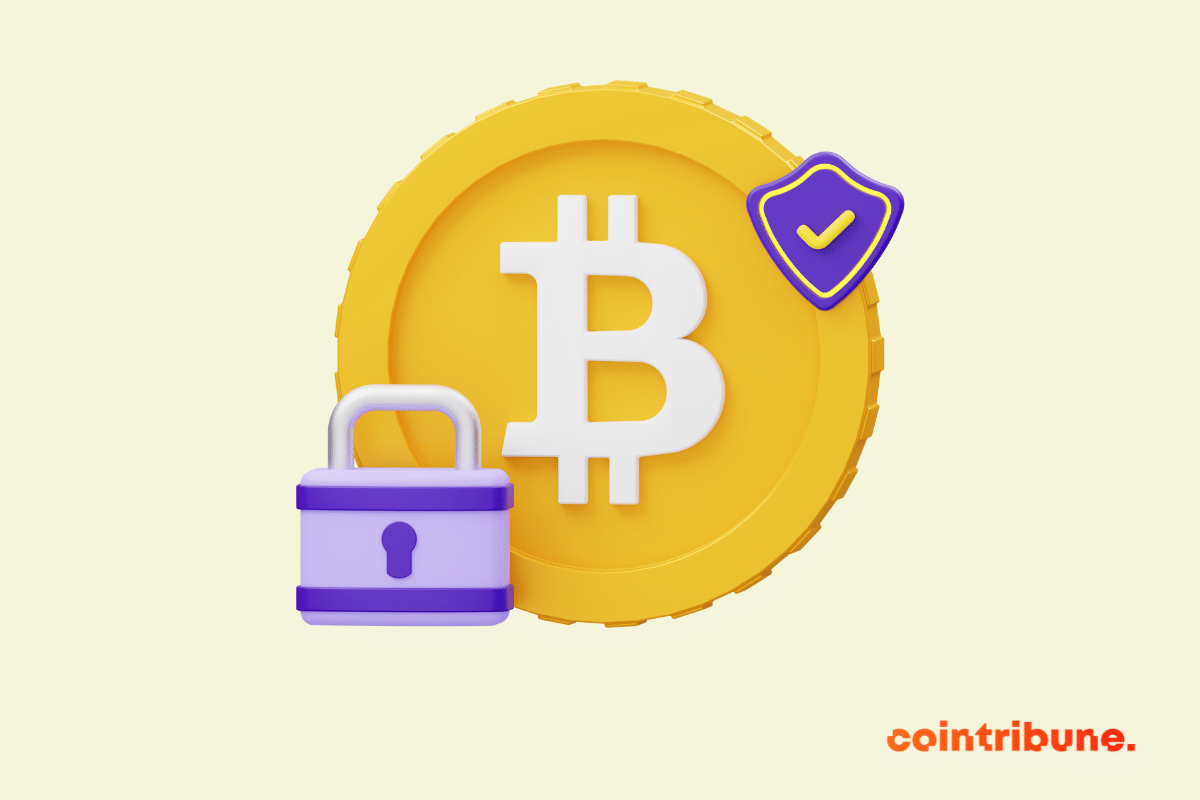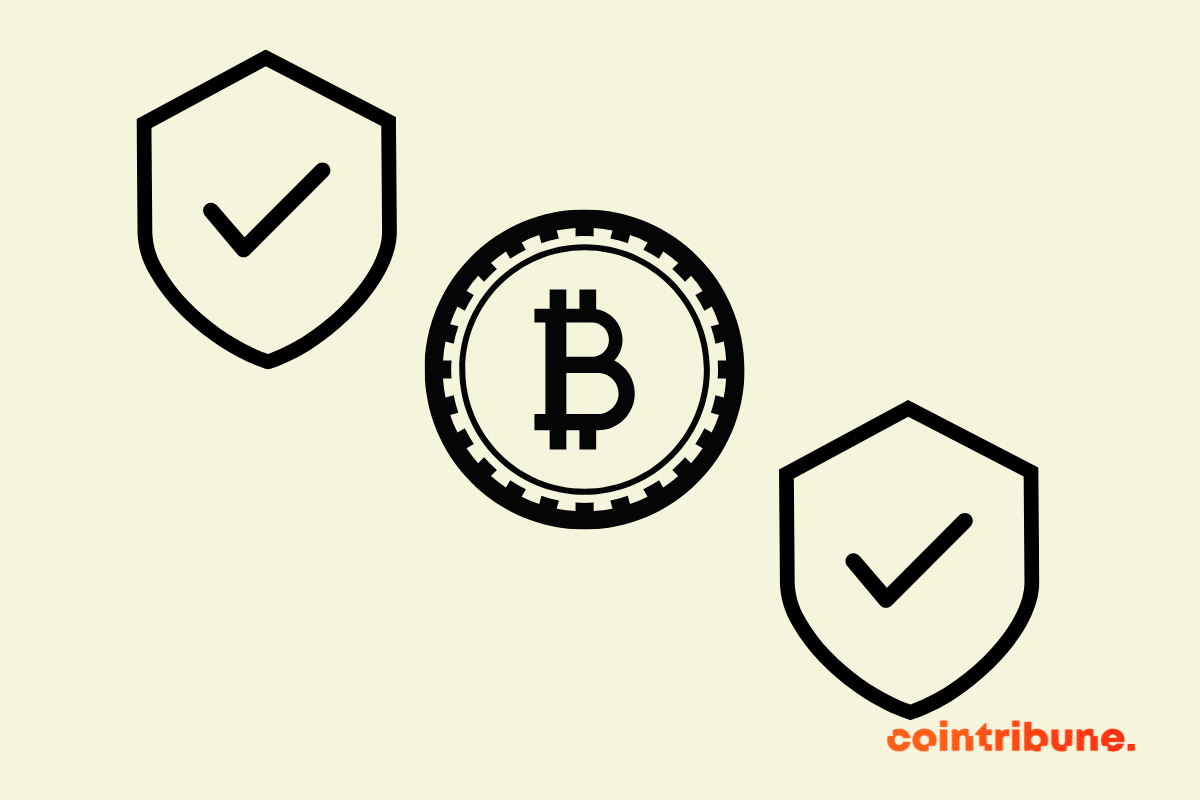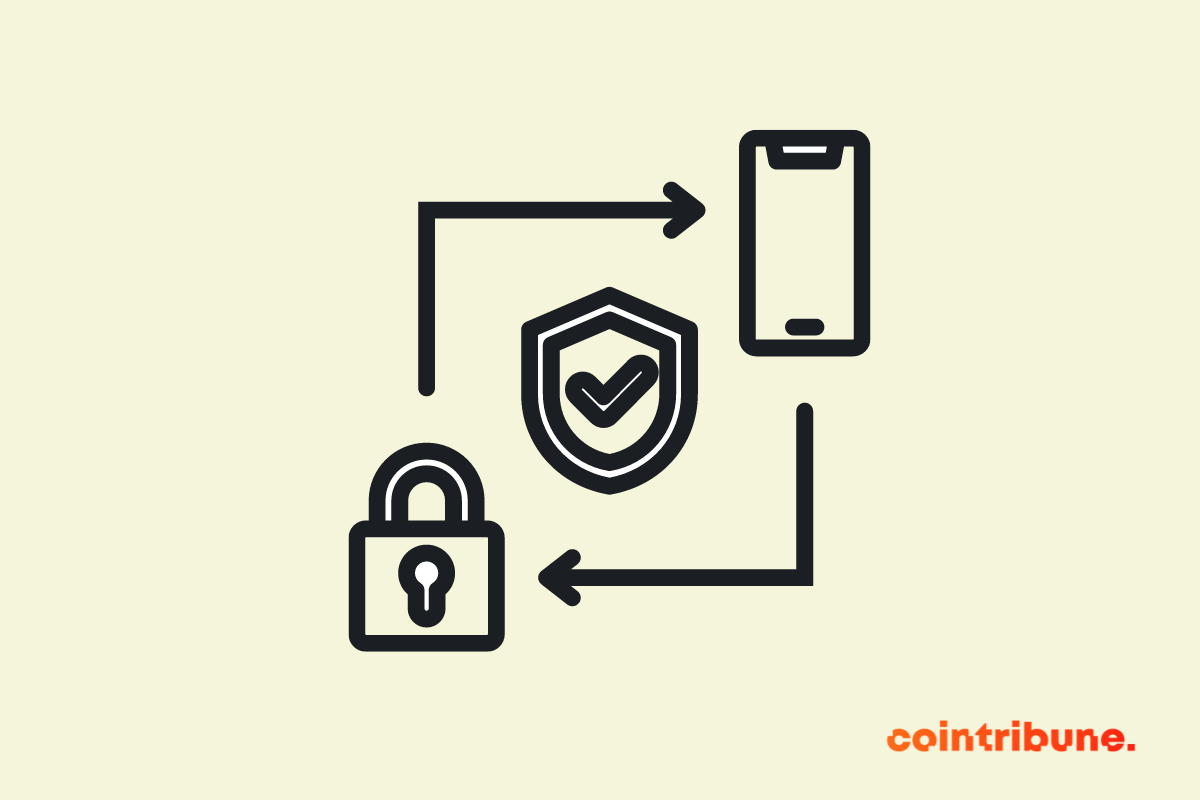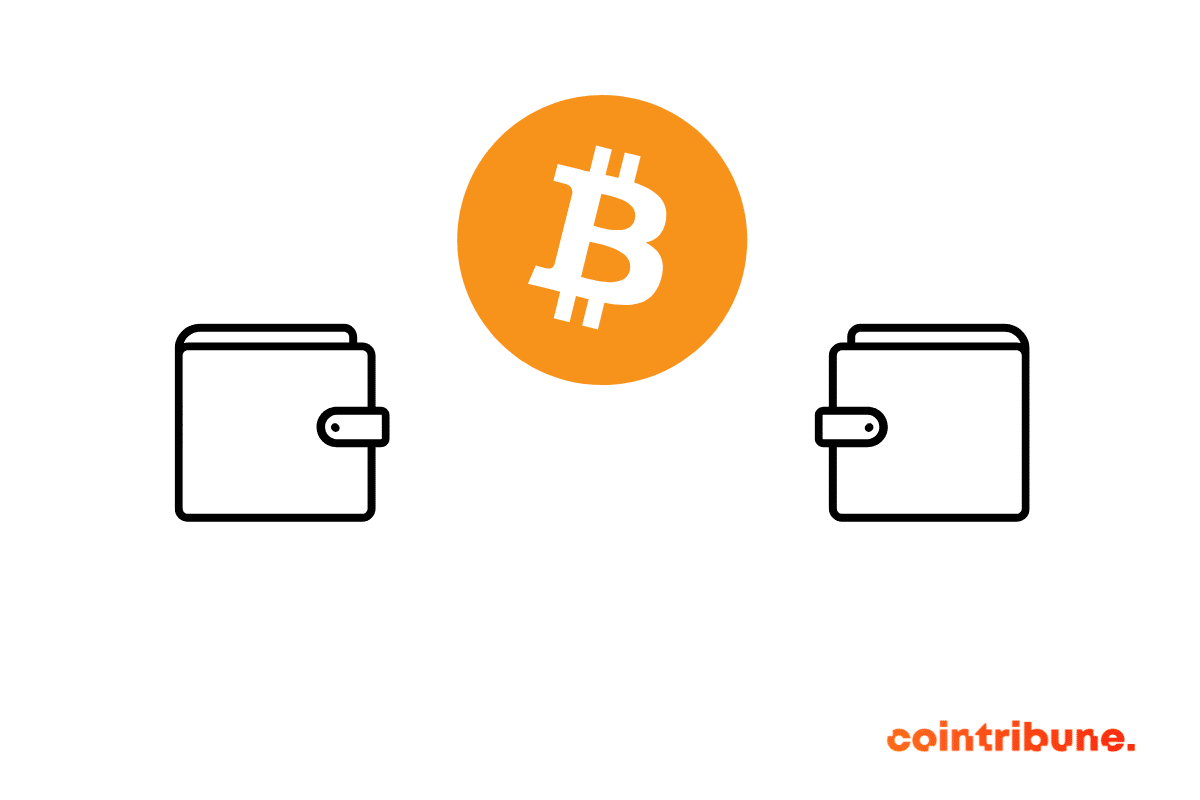Durov flies to Dubai, leaving behind French justice. A stroke of genius or the last act before the fall? The crypto world holds its breath.
Theme Cybersecurity
On February 21, 2025, Web3 faced its most devastating hack yet—Bybit, a leading exchange, was hacked for $1.4 billion in ETH and staked ETH, sending shockwaves through the digital asset community. This unprecedented breach exposed a persistent truth: centralized exchanges (CEXs) are the Achilles’ heel in Web3 security.
The crypto industry, once synonymous with financial innovation, is now becoming a prime playground for increasingly sophisticated scams. While 2024 has already been marked by an explosion of digital fraud, Chainalysis sounds the alarm: 2025 could very well be the most lucrative year in history for cybercriminals. Artificial intelligence (AI), once seen as an asset to enhance security, is now becoming a formidable weapon in the hands of fraudsters. Identity falsification, voice impersonation, automation of psychological manipulations... the new strategies of scammers are pushing the boundaries of the possible.
Naoris Protocol, the pioneer of Decentralized Cybersecurity, has launched the world’s first Post-Quantum DePIN Testnet, achieving over 2.5 million transactions and 500,000 users in its first week. This milestone signals a new era in Web3, where users fortify digital environments while earning rewards, and govtech and enterprises ensure data sovereignty with true post-quantum security.
The EU, always quick to unleash paperwork before innovation, will implement its AI Act this Sunday: spectacular bans, imposed transparency, massive sanctions... AI had better watch out.
Advances in artificial intelligence (AI) offer numerous opportunities, but they also attract the attention of cybercriminals. Recently, Google's Threat Intelligence department released a report titled "Adversarial Misuse of Generative AI," highlighting attempts by hackers, including government-sponsored groups, to exploit their AI chatbot, Gemini.
When DeepSeek is siphoning the neurons from OpenAI, Microsoft cries foul, and the US Navy barricades its servers. The digital cold war is in full swing.
Meta, the parent company of Facebook, Instagram, and Threads, recently announced that it will not end its fact-checking program outside the United States. This decision comes after Meta informed the Brazilian government that the removal of this feature would only apply to the United States for the time being.
Less than a week after proclaiming a commitment to freedom of expression, Meta, the parent company of Facebook and Instagram, is accused of censoring links to competing decentralized platforms. According to a report by 404 Media, Facebook removed links leading to Pixelfed, a decentralized competitor to Instagram, labeling them as "spam." What is really going on?
Artificial intelligence is progressing at a rapid pace, making the distinction between humans and machines increasingly difficult. In response to this evolution, Worldcoin, now rebranded as World, aims to establish a universal proof of humanity through a biometric identification system based on iris recognition. The company has just announced that it has surpassed the milestone of 10 million verified users, a benchmark that signifies its massive adoption and fuels growing controversy. Indeed, the project relies on a network of orbs tasked with scanning the users' ocular data to assign them an unforgeable digital identity. According to its creators, this technology would secure digital interactions and ensure that only genuine humans access online services. Nevertheless, several governments and data protection authorities are concerned about the potential pitfalls of this model. Between technological promise and regulatory resistance, Worldcoin is part of a debate on digital identity and personal data governance. Its success or failure could shape the future of online authentication in a world where AI challenges the foundations of digital trust.
The numbers are dizzying, the actions are striking: T3 FCU turns USDT into a nightmare for international fraudsters.
The digital world has become the new battleground for international powers, where each attack can have profound and lasting repercussions. Recently, a major cyberattack struck the systems of the U.S. Treasury, revealing the vulnerability of the technological infrastructures of a state renowned for its defensive capabilities. This incident occurs in the context of intense rivalry between the United States and China, as Washington accuses presumed hackers backed by Beijing of being behind the intrusion. For its part, China firmly rejects these accusations, labeling them as unfounded and denouncing a smear campaign orchestrated by U.S. authorities. More than just a mere digital incident, this case sheds light on the growing geopolitical tensions around cybersecurity and the difficulty of identifying those responsible in an increasingly interconnected world.
A critical security flaw was recently discovered at Tangem, the crypto wallet provider. This vulnerability exposed users' private keys via emails, putting investors' funds at risk. The flaw was uncovered after users reported that their private keys were accessible in email accounts and to Tangem employees.
On the chessboard of cryptocurrencies, AI is the king of scammers, ruining the French in a game where only fraudsters win.
Crypto, AI, and hybrid worlds: Buterin, like a digital alchemist, presents us with a vision where blockchain and biotechnology intersect to ward off threats from another century.
Discover the investment potential and unique features of ETNY tokens in our detailed analysis.
Discover how Ethernity Cloud applies the circular economy to revolutionize cloud computing.
Discover how Ethernity Cloud is revolutionizing the market with its decentralized rating system.
Discover how Ethernity Cloud's decentralized DNS enhances security and privacy on the Internet.
The growing use of cryptocurrencies like Bitcoin raises a major concern: privacy. Indeed, contrary to a common belief, Bitcoin does not offer complete anonymity. In the face of this challenge, Bitcoin security advice [Insert link to Main Page Bitcoin Security Tips] becomes essential for users looking to optimize the anonymity of their transactions while complying with existing laws and regulations. In this context, how can one find the right balance between anonymity and regulatory compliance in the world of cryptocurrencies?
Backing up your crypto wallet is essential, as it contains crucial information such as your private key and public key. These two elements are indispensable for accessing your bitcoins, and their compromise by hackers would result in the loss of your assets. Given that the private key is a long random string of numbers, it is practically impossible to memorize it. Therefore, you need to adopt original and reliable methods to keep your Bitcoin wallet safe. In this article, we will explore various methods to effectively back up your Bitcoin wallet while ensuring its inviolability. With the growing popularity of cryptocurrencies in recent years, the protection and backup of your crypto wallet have become essential aspects. We will also provide you with relevant Bitcoin security tips to enhance the protection of your digital assets.
In the current context marked by a significant increase in cyberattacks and fraud, the integrity of digital assets has become an undeniable priority. In response to this concern, Bitcoin security auditing emerges as a solid and effective tool. This article aims to delve into the heart of this approach, specific to the first blockchain created, in order to understand its importance and the process of its implementation, while incorporating relevant Bitcoin security tips.
Bitcoin is a digital currency whose emergence has shaken up the world of finance. However, it does not have universal appeal. Its extreme volatility and the fact that it is outside the control of traditional financial institutions put it under scrutiny from some governments. Furthermore, the digital nature of Bitcoin makes it more susceptible to cyberattacks. For investors looking to bypass restrictions and conduct their transactions securely, the use of robust protective measures like a VPN is essential. In this guide focused on Bitcoin Security Tips [Insert Mother Page Bitcoin Security Tips link], we discuss the benefits of using a VPN for cryptocurrency transactions and provide guidelines for choosing the VPN that best suits your specific needs. We will cover the key features to consider and present our selection of the top five VPNs for Bitcoin.
Ponzi schemes have long been associated with fraudulent investments. With the advent of cryptocurrencies such as Bitcoin (BTC), new forms of this classic scam have emerged. This article will help you master the basics of this type of Bitcoin scam, recognize the warning signals to watch for to detect them, and know how to protect yourself.
Whether you are a beginner in the crypto world or not, you must know and master all aspects of Bitcoin security, as cybercrime is a growing threat in this field. The protection of your digital assets is entirely your responsibility, as even the most secure crypto platforms and exchanges can be hacked. In this article, we will explore in depth the security surrounding Bitcoin. We will cover the basics of crypto security, the different types of wallets available, the protection of private keys, and the potential threats you need to be aware of.
In a context where hacking and cryptocurrency theft are unfortunately becoming common, Bitcoin security, which involves protecting your digital assets against various online threats, is a major concern. Therefore, understanding how Bitcoin wallets function is crucial. Indeed, these tools, designed to store, secure, and manage your cryptocurrencies, are at the heart of transactions in web3, and their wise use is essential for anyone looking to navigate this exciting yet complex universe with peace of mind. Through our comprehensive guide dedicated to these indispensable instruments, we aim to demystify Bitcoin wallets, explain their subtleties, and guide you step by step in their handling.
The security of cryptocurrencies is a major issue for all investors and players in the crypto industry. Indeed, in a context where cryptocurrency scams are becoming more common, learning to keep your bitcoins safe is essential. In this guide, we will present you with the 10 best tips to ensure the security of your bitcoins and other cryptocurrencies. Follow these steps to minimize risks and protect your valuable digital assets.
The crypto investor, in their perpetual quest for new techniques to protect and secure their assets, must consider various Bitcoin security tips [Insert link to the main Bitcoin security tips page]. Among these, multisig security, which involves the use of multisignature wallets or "multisig wallets," takes a prominent place. Indeed, establishing multiple levels of approval to spend your bitcoins proves to be an infallible method to safeguard them against hacking attempts. Therefore, it is imperative to deeply understand the concept of multisig security. Let’s explore this concept together.
The bitcoins contained in your wallets do not benefit from optimal protection with the traditional passwords associated with them. Therefore, you need to add an extra layer of security such as two-factor authentication (2FA) to prevent any intrusion and better protect your assets. In this guide dedicated to Bitcoin security tips [Insert link to Bitcoin Security Tips main page], we will explore the critical importance of security in the cryptocurrency universe, and how implementing two-factor authentication can play a crucial role in protecting your valuable digital assets such as bitcoin. We will review the different 2FA methods, their implementation on the most popular exchange platforms, and the available alternatives to further strengthen the security of your accounts.
Bitcoin presents enormous financial potential and has a strong impact on the global economic system. Its strengths make it increasingly popular, attracting more attention from investors and even governments. Nevertheless, many enthusiasts of this digital asset have questions about its privacy. In this article, we reveal the different privacy elements related to the use of Bitcoin, whether you are a regular user or a curious investor. You will also receive some security tips from Bitcoin security to better navigate the cryptocurrency ecosystem.

